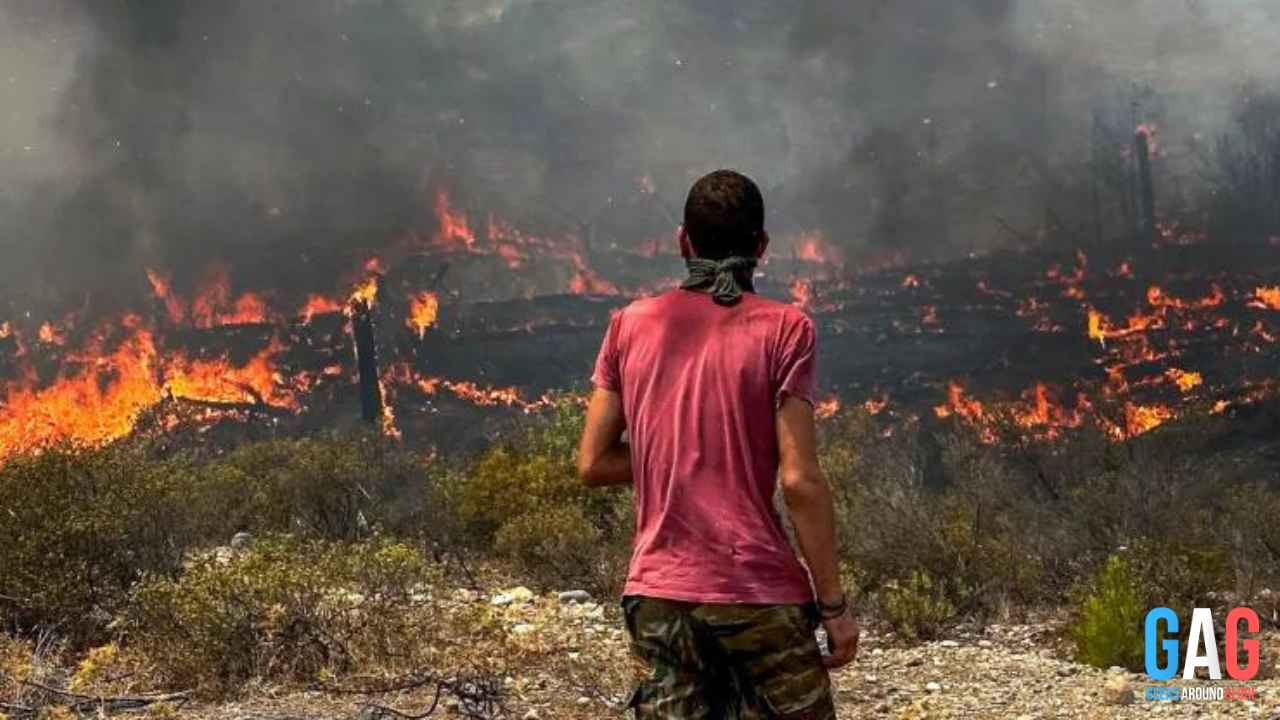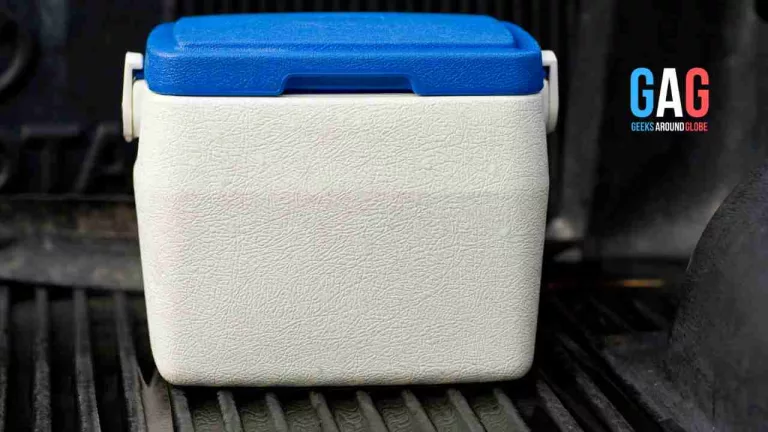If I ask what word you have heard most often in the last few days, your answer will likely be “Wildfire”. Because of the sudden and huge wildfire in Maui, Hawaii that has claimed more than 100 lives, it should be the answer. But you may wonder what can actually happen when a person is exposed to a wildfire. So let’s take a look at “What happens to a person when exposed to Wildfire”.
Exposure to a wildfire can affect a person in two different ways. There can have immediate threats (if you caught the fire) and Long-Term Health Effects. Even if you are not caught in the wildfire the smoke made by wildfire can affect you in a second way. So first let’s talk about Immediate Threats.
Immediate Threats
Burning Injuries
As you know they’re a very big probability that you may have burning injuries. Severe burns can happen from exposure to high temperatures, contact with hot surfaces, or radiation. These burns can damage tissues extensively and may lead to complications that require urgent and intensive medical attention.
Respiratory issues
Another problem is respiratory issues. Smoke and ash from wildfires release harmful toxins into the air that can cause serious damage to the respiratory system. Breathing in particles, carbon monoxide, and other harmful gases can lead to breathing problems. It can worsen asthma, and bronchitis, and make people more susceptible to respiratory illnesses.
Dehydration
Other main issue is Dehydration. During a wildfire, it’s possible to become overheated and dehydrated. The heat can cause heat exhaustion and heatstroke, while the dry air can make dehydration worse. It’s important to stay hydrated during these situations.
Hawaii wildfires: 'This acrid smoke really sticks in your throat' https://t.co/wf9FmmD3eA
— BBC News (World) (@BBCWorld) August 16, 2023
Long-Term Health Effects
Even if you are someone who lives far away from the wildfire these long-term effects can affect your health.
Respiratory problems
Breathing in fine particles from wildfire smoke for a long time can cause inflammation in the lungs and increase the risk of chronic respiratory problems like COPD, lung cancer, and other severe breathing issues. Also 2.5PM particles that are released from wildfire into the air cause respiratory problems and even dementia.
Cardiovascular Risks
Wildfire smoke is not only bad for your breathing. It also has harmful effects on your heart. Studies show that exposure to wildfire smoke can increase the risk of heart attacks, strokes, and other serious heart problems. And the amount of carbon monoxide (toxin of cigarette) that are released into the air can also cause heart and blood circulation problems.
Mental Health Impact
The experience of being forced to evacuate, losing property, and witnessing environmental destruction can lead to emotional distress. This can cause anxiety, depression, post-traumatic stress disorder (PTSD), and other mental health issues that require attention and support.
What can we do?
Evacuation Planning
If you live in an area that is prone to wildfires, it’s important to have a good evacuation plan. Pay attention to alerts from local officials and follow their guidance so you can stay safe and evacuate quickly if needed.
Air Quality Awareness
During wildfire outbreaks, it’s important to be aware of air quality. To protect your respiratory health, you can use air purifiers, seal your windows and doors, and limit your time outdoors when the air quality is poor.
Healthcare and Support Services
After a wildfire, it is important for affected communities to prioritize both physical and emotional well-being. This means providing access to necessary medical care and counseling to aid in recovery.
Conclusion
Wildfires have long-lasting health consequences, including respiratory problems, heart risks, and mental health challenges. It’s crucial to take preemptive measures to mitigate the impact of these events, prioritize public health, and foster community support.







